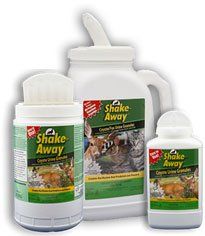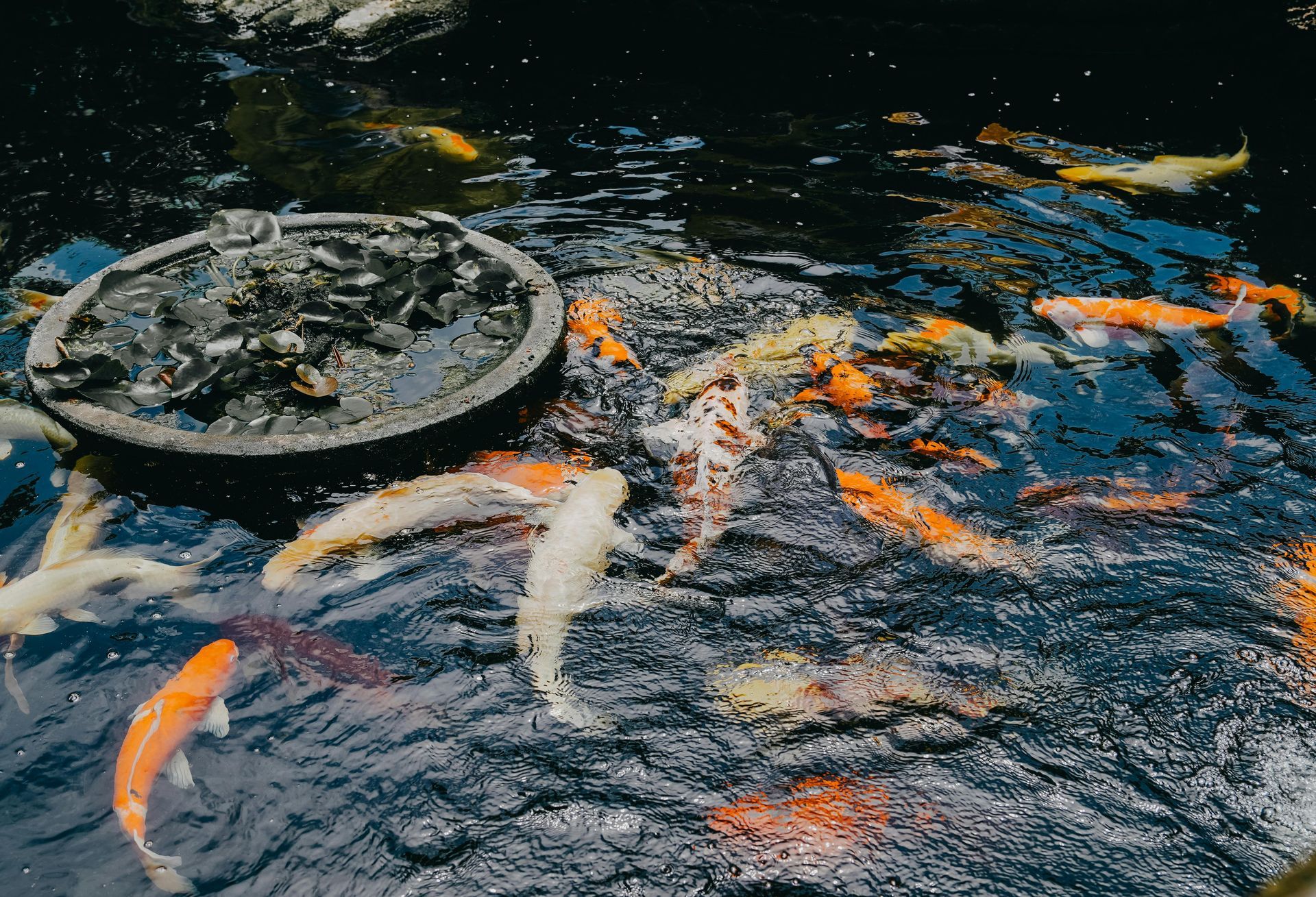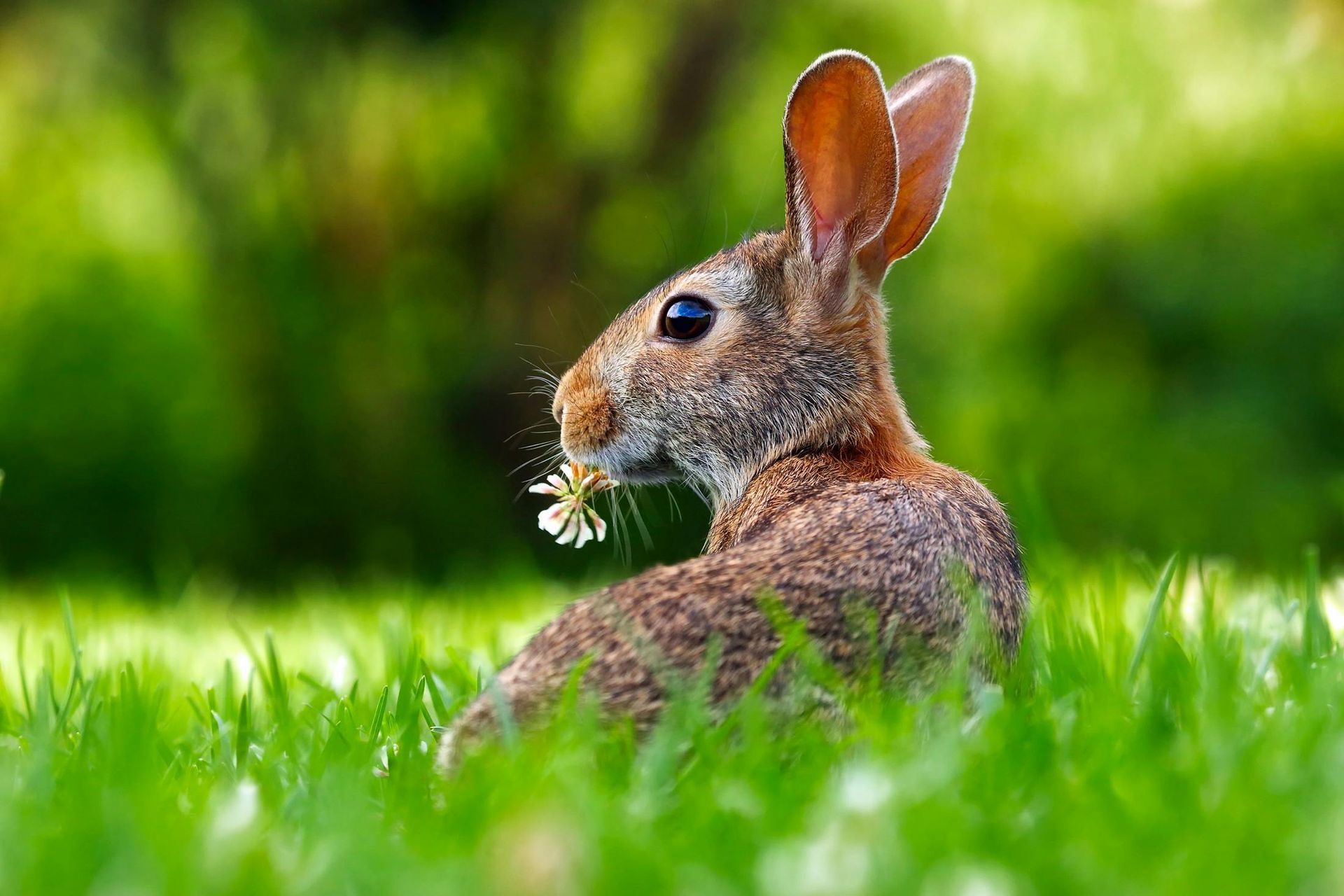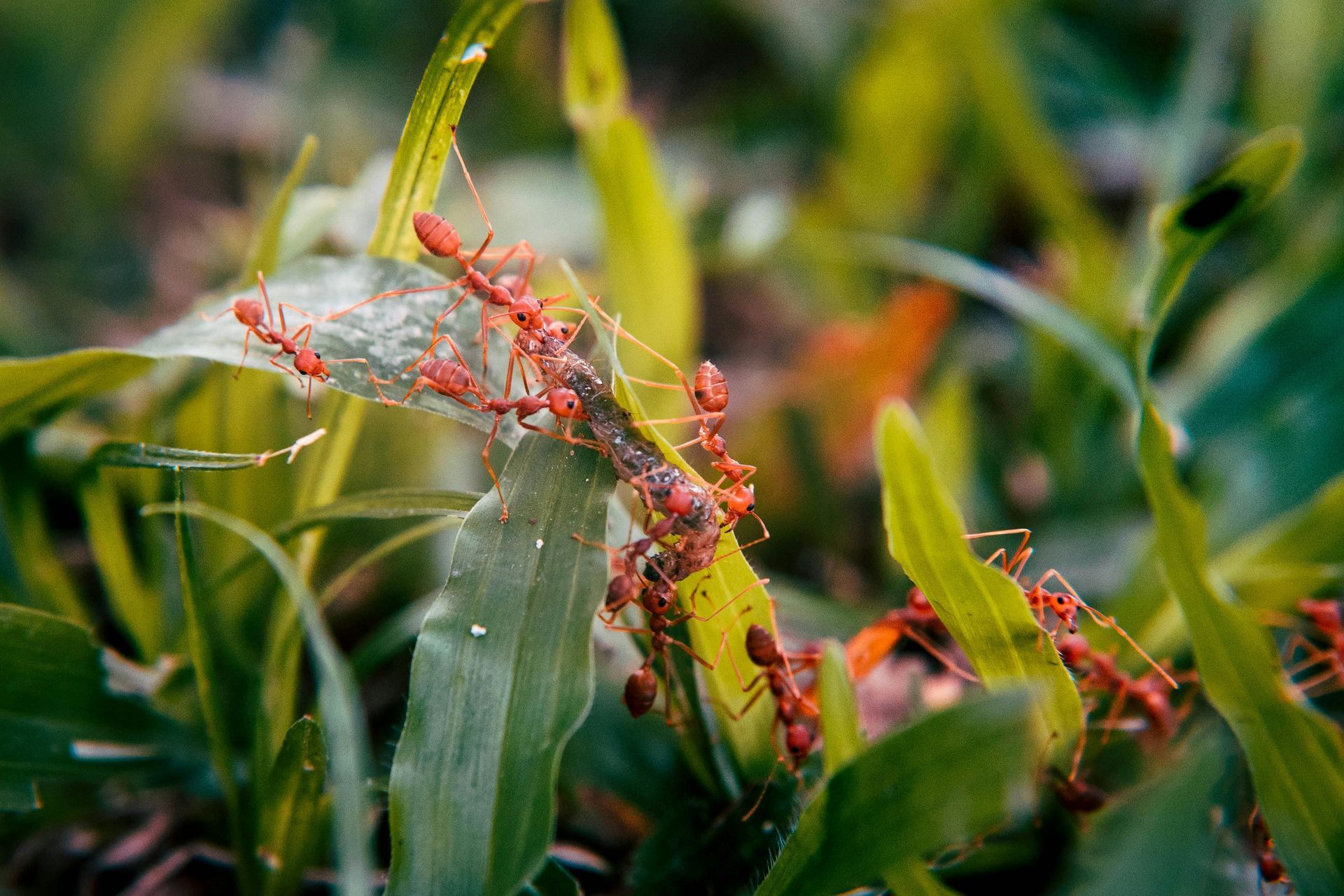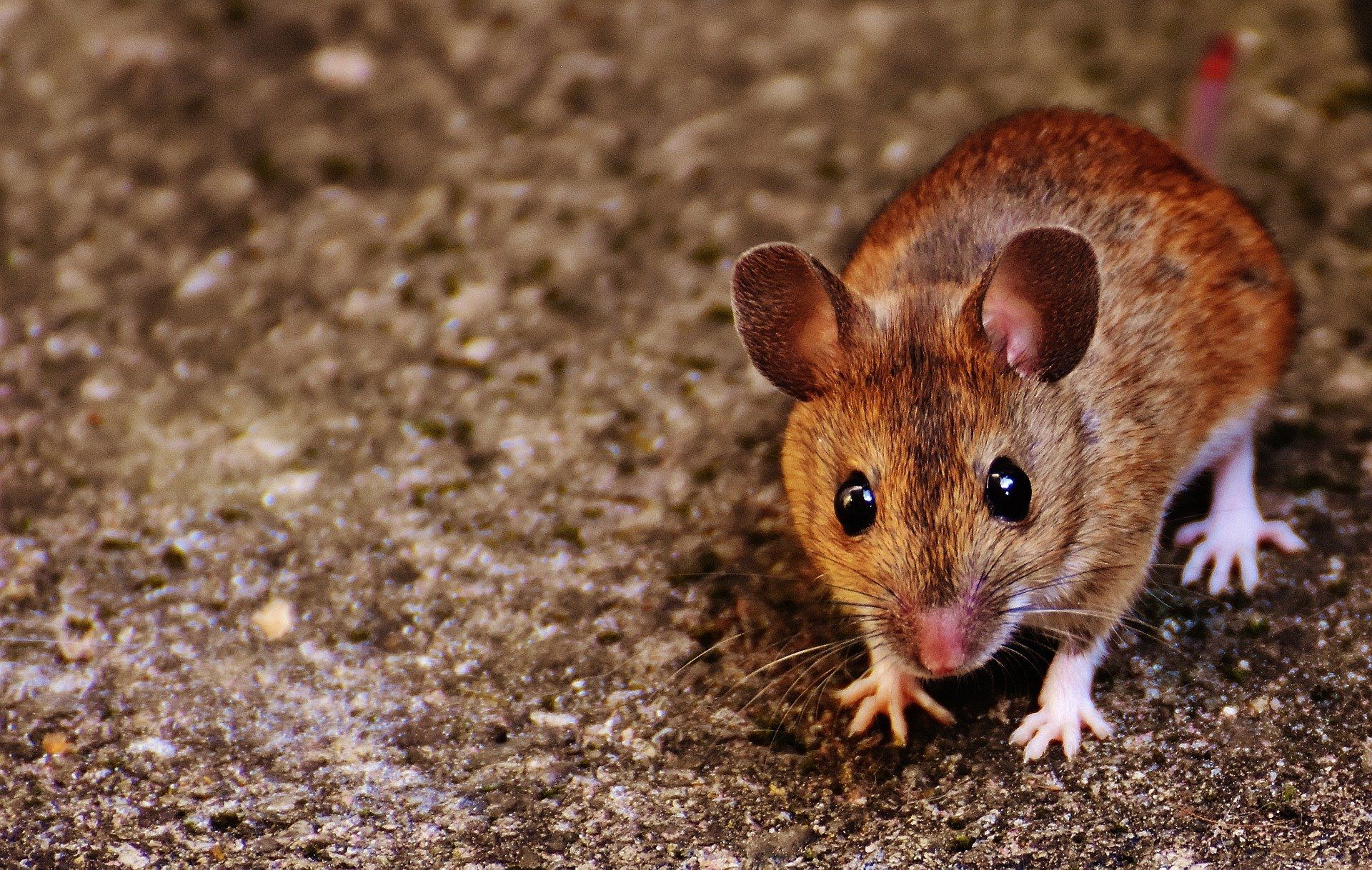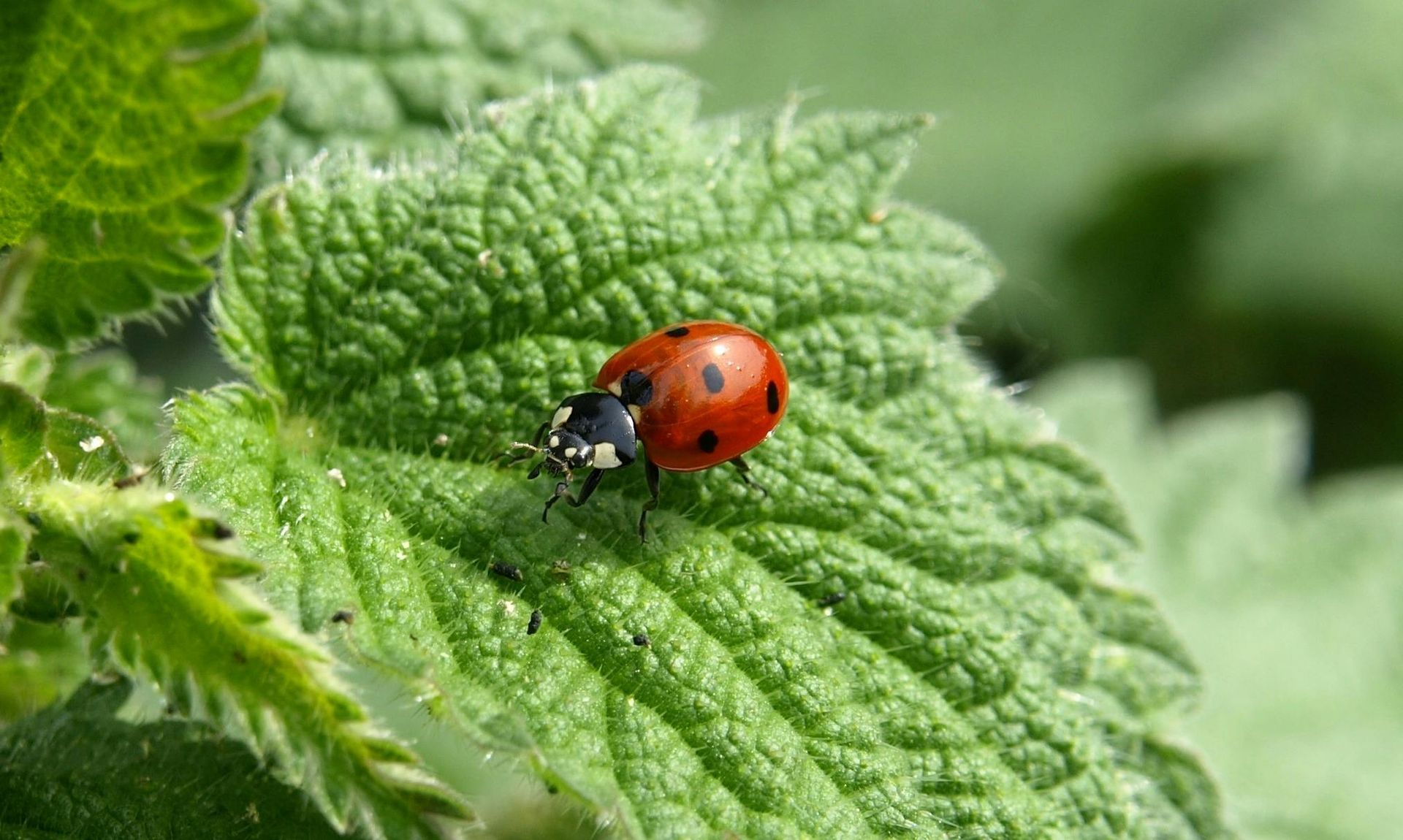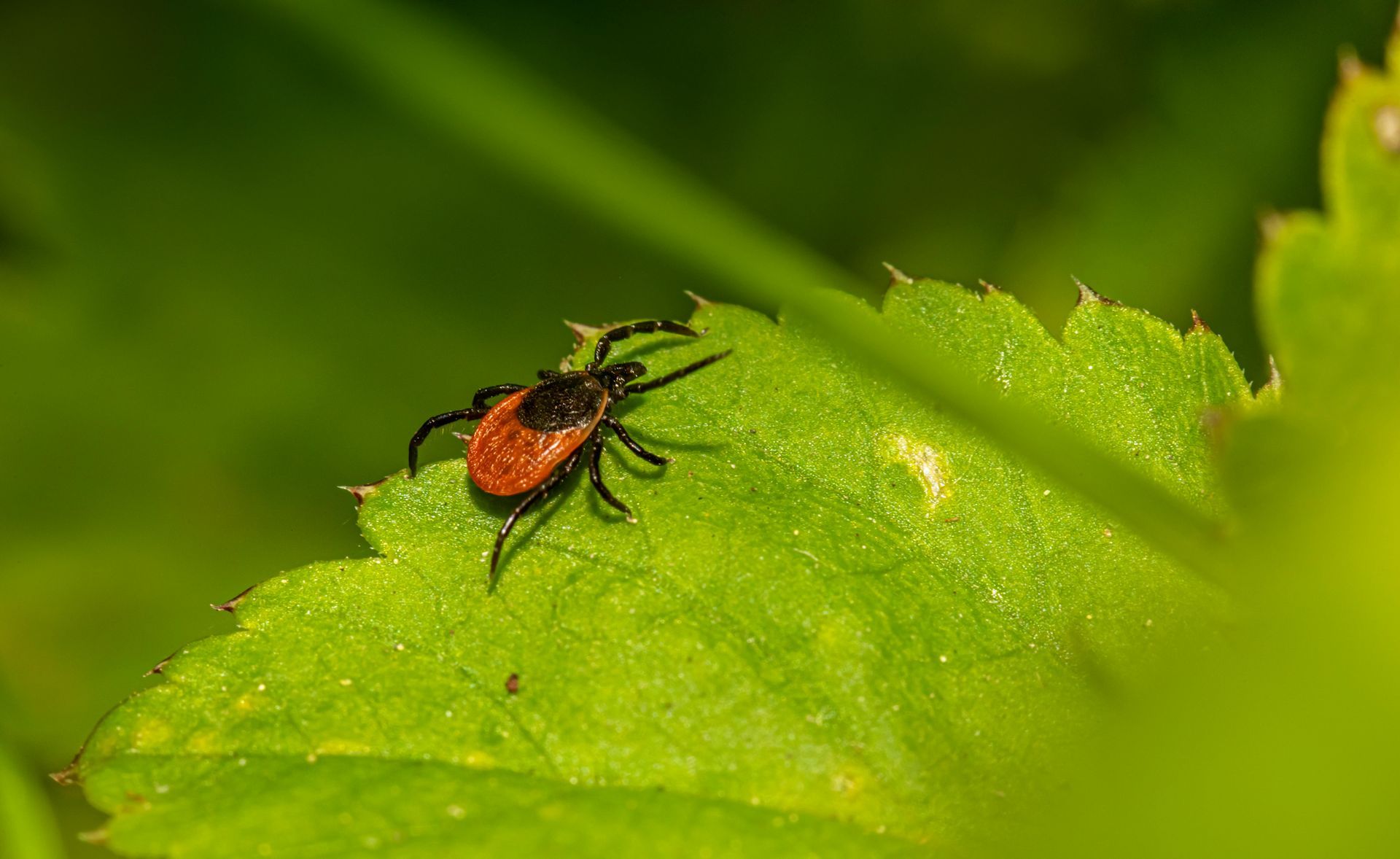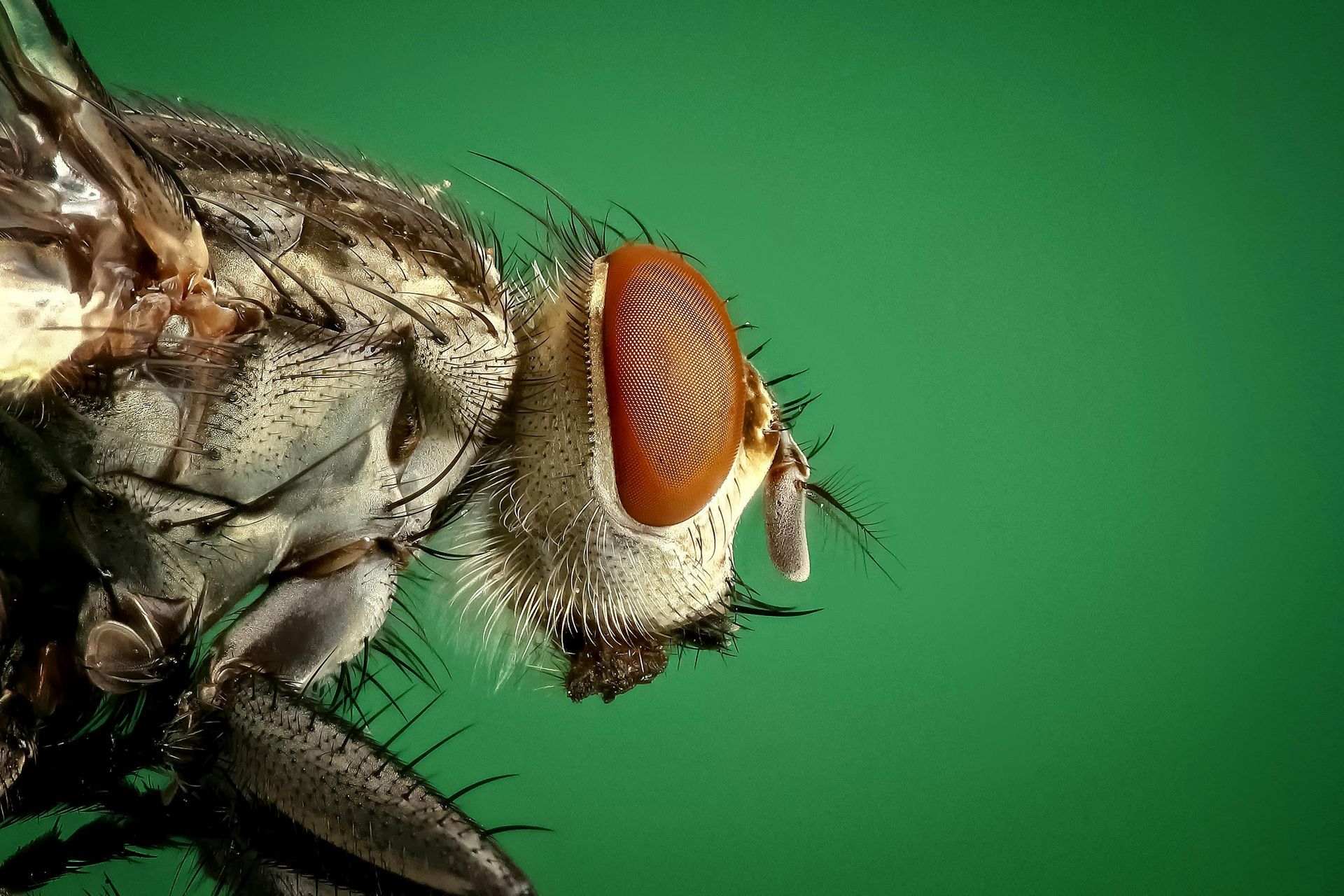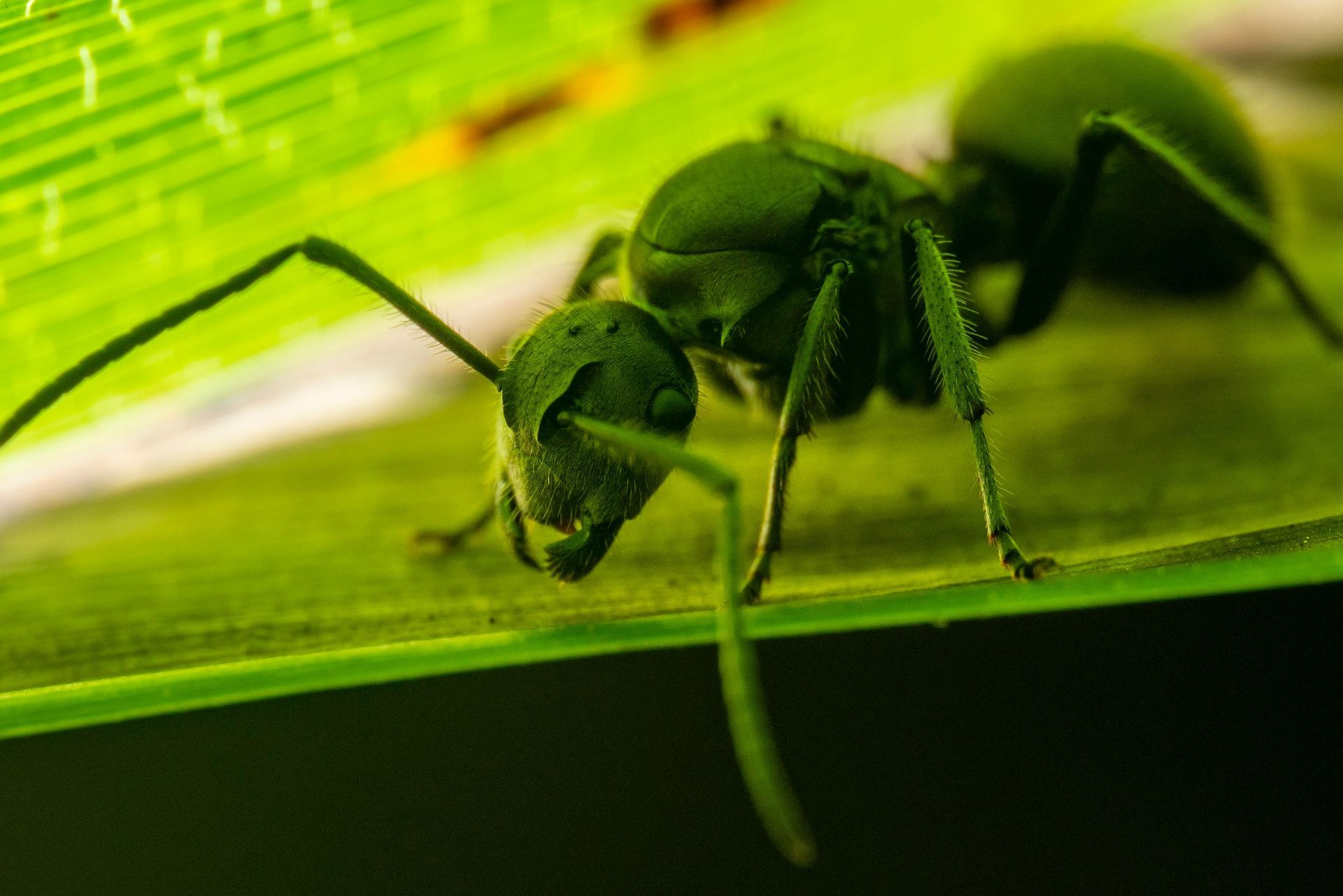Troublesome Late Summer Gardening Problems and How to Solve Them
Jim Moore • August 11, 2020
Don't let these problems ruin your late summer garden enjoyment

The dog days are upon the northern hemisphere once again. After spending months adjusting to higher temperatures and dodging summer storms, garden work this time of year can feel especially demanding, but the work must go on. Late summer is a crucial window of opportunity to prepare your garden for autumn growth and the coming year’s spring. What should you watch out for through August and September? What’s next for your garden? Consider the following list of late summer problems and what you can do to avoid them.
Overcrowding
- You’re not the only one who’s been working hard on your garden! Your plants have been active for months now and some of them aren’t done yet. As plants thrive, they tend to sprawl and begin to encroach on others’ space, making rain and sun harder to gather for smaller or more needy plants. Take some time this month to prune back plants which have sprawled back – when partnered with fresh fertilizer some perennials will blossom again and fruiting plants may offer one last crop. Keeping fauna contained in the plots intended for them helps out the entire garden.
Insect damage
- Months of insect activity around your garden will be most obvious this time of year as most plants have fully foliated, providing plenty of leafy food to hungry insects. If you notice leaves and stems damaged heavily by insects, prune as possible. With fruiting plants, keep an eye out for burrow holes where insects may have laid eggs or larvae inside of your laboriously grown produce. Discarding insect-infected fruits can help prevent other fruits from falling victim to the same problem by keeping the insect population down.
Animal feeding
- While animals don’t begin heavily stocking up for the winter months until autumn fully sets in, ripened fruits and healthy greens are pest-animal magnets. Be sure to take up defenses against animal intruders – don’t allow your fruits and vegetables to spend too much time ripening, the bigger, softer, and brighter a fruit becomes, the more attractive it becomes to animals seeking a meal.
Animal waste
- Perhaps the biggest unconsidered threat to your garden is the effect of pest waste. While the consumption of your fruits and plants can be devastating to the health of your garden, animal waste can take an equal toll. With smaller pests such as rodents and other small animals, there will likely be regular paths which they take, which is also where their bodily waste will be deposited. Defecation from these animals can be a positive for the health of your garden’s soil, but pest animals' urine is highly salinated, which can heavily dehydrate your fauna. If your garden runs along the side of your home, shed, or a fence, check along that boundary for evidence of a pest path – if you see an established path or browning of plants without explanation, it can take heavy watering to wash the salination from the animals from the soil. Fresh fertilizer can also help your garden recover from animal waste.
Want to skip the effort of repairing your garden after an animal intrusion? You don’t need to invest in fencing or harmful toxins – try fully organic and non-toxic Critter-Repellent! Easy to apply and guaranteed to be effective at keeping pests from your garden, Critter-Repellent comes with a 100% satisfaction guarantee. Simply select which animal is giving your garden trouble from our “Animal Solutions” menu, and we’ll help you take care of the rest!
Critter Repellent All Natural Animal Repellent Blog
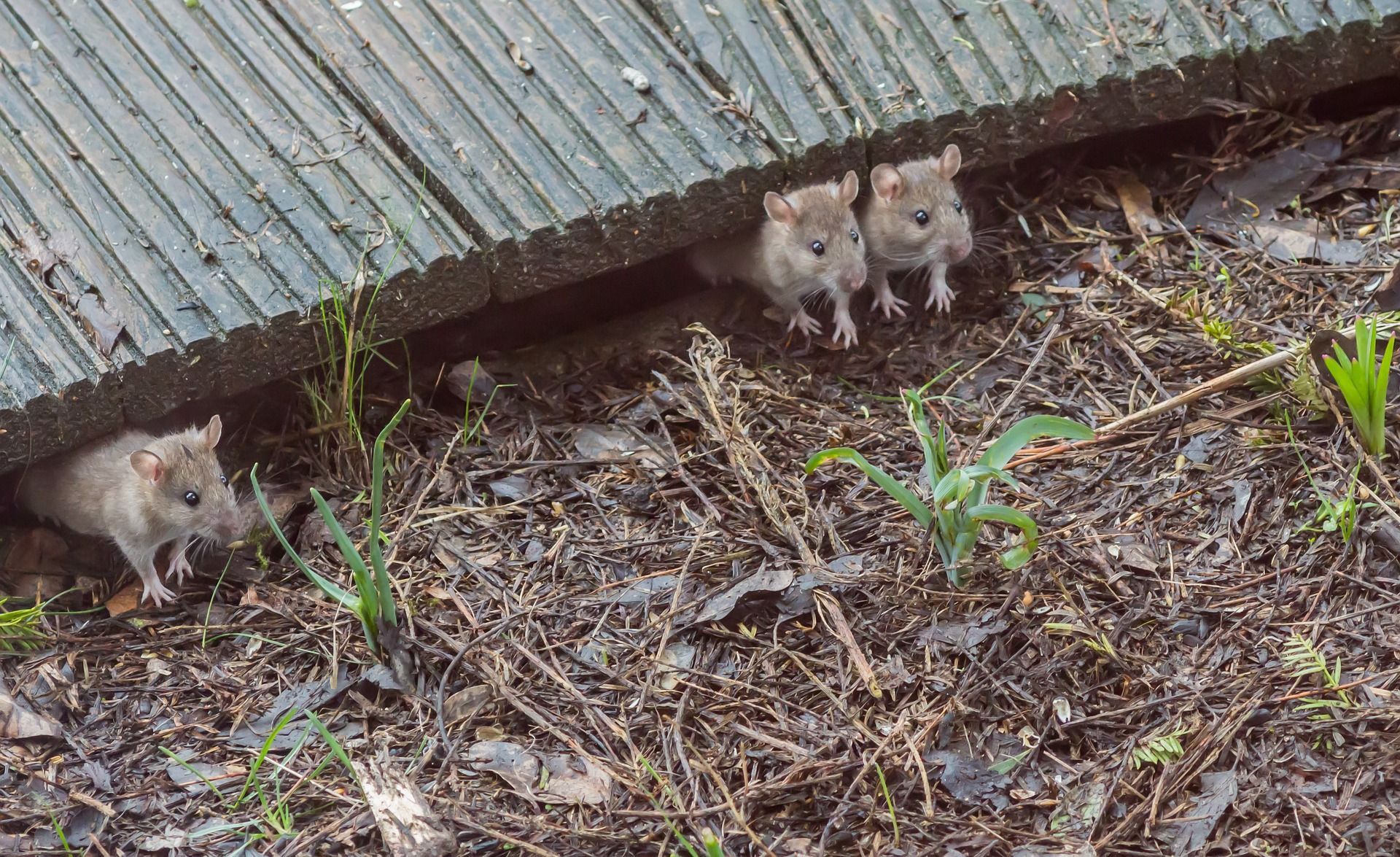
The last thing you want to see running around your house is a mouse. And where there is one, there are more. Whether it’s mice, ants, spiders, squirrels, or any other type of rodent, bird, or insect infestation, ignoring those critters can get very expensive in the long run. When it comes to remediating or protecting your home from infestations, the cost of doing nothing can lead to a big dent in your wallet. Keeping house pests at bay is important, especially if you’re planning to put the home on the sales market. How much does it cost to keep the house and property pest-free? That depends on where you live, what types of services needed, and how often the home is treated. But one thing is for sure, it’s easier (and more cost-effective) to prevent house damage than to fix everything after critters have chewed up wires, plumbing, foundation, and the yard. Potential Structural Damage Squirrels, moles, voles, rats, and mice are part of nature, but the damage that even one of these critters can do to a home can run into thousands of dollars. With sharp teeth that never stop growing, squirrels and rodents must “file down” their chompers so they don’t interfere with eating and drinking. Thus, a squirrel’s chewing habits can damage house support beams, siding, and anything else that holds the structure up. The costs to repair the building depend on the severity of the damage. Birds’ nests and clogged gutters are signs that unwanted critters are in the building’s drainage system. Replacing damaged gutters can cost several thousand dollars—to start. On average, it’ll cost between $1,600 and $5,200 (depending on size, materials, and labor costs). Wiring and Insulation Chewed-up electrical wiring is not only a hassle but it can be very dangerous. Mice, rats, squirrels, and other critters will gnaw through wires, not knowing that they can electrocute themselves but worse — start a house fire. Homeowners won’t necessarily see exposed wires around the house. Examining the house structure and wiring allows owners to know what to budget for. Pests and vermin living in the attic may tear up insulation to use for nesting materials. Depending on the size of the house, insulation costs can be anywhere from $1,600 to $8,000 on average. Termites When it comes to destructive insects, termites are at the top of the list. These icky little bugs chew through wood almost as quickly as a cartoon buzzsaw. And the worst thing? In general, homeowners’ insurance does NOT cover termite damage. Signs of termite infestation and damage include: Chewed up or hollow wood Blisters or buckling in the flooring Discarded termite wings Bubbling paint Strips of mud tubes along crevices Damaged support beams Tapping sounds in the walls The cost of repairing termite damage can range from a few hundred to a few thousand dollars—or more, depending on what part of the house is torn up and what needs to be done. Preventing termites in the yard and hiring a professional exterminator are two ways of keeping these hungry critters away from your home. Pest Entry Points Cracks and crevices are easy access points for mice, insects, wasps, and other pests. Unscreened vents and windows, loose shingles and siding, and chimney gaps are entry points for bugs and mice. Not having trees and shrubs around the perimeter of the house won’t prevent squirrels and mice from coming onto your property, but keeping greenery away from the structure would deter critters from having direct access to it. Perceived Value Whether your house is currently for sale or it’s a plan for the future, having pests and vermin roaming around the property can keep the buyers away. Among the financial considerations, house-hunting taps the emotions of the would-be buyer. No matter what the item is, perceived value is a customer’s view of whether it is worth the money. An infested home has lost its marketing value, especially if a mouse runs across the floor during the negotiating stage. The cost of doing nothing when you should be doing something can lead to a huge repair bill and maybe even a home improvement loan or second mortgage on your house. Ignoring the problems won’t make them go away. If wildlife and insects are damaging your home, do something about it sooner than later.

